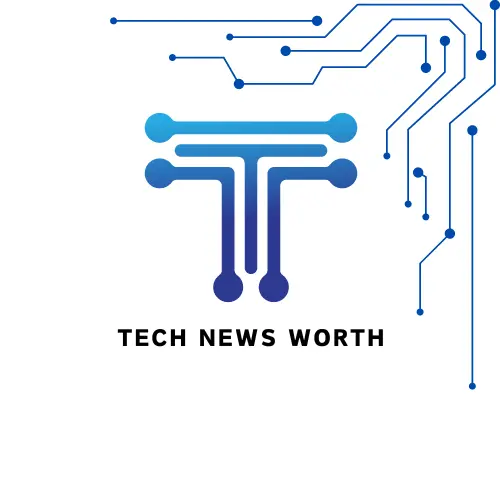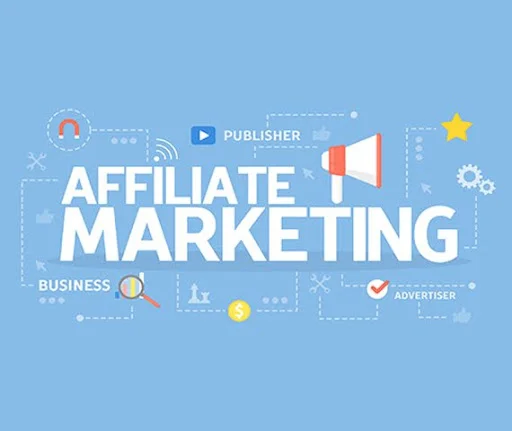Affiliate marketing is often associated with the advertising of products for mostly consumers and also for online shopping. Just as effective in marketing to other businesses, B2B marketing can be equally impactful. While many marketers focus on selling to consumers, there is so much potential for using affiliate links to expand and reach other companies. B2B affiliate marketing allows businesses to grow their networks. It also augments brand visibility and attracts new business as potential clients.
In 2022, the affiliate marketing industry in the U.S. is marked to be valued at $8.2 billion. This depicts how widely this concept has been used and how well it performs in B2C and B2B sectors. As the market keeps growing, businesses should also consider using affiliate marketing as an efficient part of their strategies for reaching other businesses.
This article will delve into the major aspects of B2B affiliate marketing as the title suggests, what, why, and how.
Key Features of This Article:
- What is Affiliate Marketing?
- How AI Integrated Marketing Technology Works?
- Affiliate Marketing B2B is Differentiated from B2C
- Benefits of Opting for Affiliate Marketing Service
- Most Used—Affiliate Marketing Channels
- The Future of B2B Affiliate Marketing
What is Affiliate Marketing?
Affiliate marketing is a performance-based compatible strategy where businesses reward affiliates as a commission for bringing in more customers through their marketing tactics. It works like a commission-based task or a job to get incentives for. Affiliates have the opportunity to advertise a company’s goods or services through unique links as an innovative marketing tactic. When a purchase is made through these links, the affiliate receives a commission. This approach benefits both businesses by expanding their reach and affiliates by providing a source of income. It’s a popular online marketing method due to its low risk and potential for high returns.
Why is B2B Affiliate Marketing Essential in 2024?
In the current digital era as of 2024, B2B affiliate marketing is essential due to its ability to drive targeted leads and build valuable partnerships. It uses digital platforms to reach decision-makers effectively while enhancing brand visibility and credibility. The performance-based model ensures cost-efficiency, which only pays for measurable results. B2B affiliate marketing is also becoming more essential as companies depend more on data-driven approaches. It offers significant perspectives and expandable prospects, making it an integral element of a thorough digital marketing strategy.
Most Used Affiliate Marketing Channels
Affiliate marketing leverages numerous channels in order to reach your target audiences and drive conversions effectively. Some of the most utilized channels include:
-
Content Marketing: This is about digital blogs and websites that give useful information with affiliate links inserted in them.
-
Social Media: Place affiliate links on the most used digital media platforms, such as Instagram, YouTube, and TikTok, for sharing and engaging audiences.
-
Email Marketing: Targeted email marketing campaigns take part in affiliate products and offer promotions.
-
Paid Traffic: Paid traffic can be availed through Google Ads, Facebook Ads, and other paid channels for traffic and conversions.
-
Influencer Marketing: The objective is to effectively collaborate with influencers so that they promote the products to their followers.
How AI Integrated Marketing Technology Works?
AI-integrated marketing technology in B2B affiliate marketing uses AI for data analysis and projection of customer behavior. It also optimizes marketing strategies by streamlining processes. This automation includes targeting, personalization, and ad placements to ensure relevant content gets to the right audience. Such technologies enhance efficiencies by finding top affiliates and enhancing marketing campaigns to ensure better engagement and conversions. AI-powered insights help businesses create data-driven decisions to maximize ROI in affiliate partnerships.
Affiliate Marketing B2B is Differentiated from B2C
Affiliate marketing distinguishes in various ways between B2B (Business-to-Business) and B2C (Business-to-Consumer) models:
| Aspect | B2B (Business-to-Business) | B2C (Business-to-Consumer) |
| Target Audience | Businesses— organizations— professionals | Individual consumers |
| Sales Cycle | Longer and more complex— involves multiple decision-makers | Shorter—usually a one-step or few-step process |
| Product Type | High-value— specialized products or services (Software and industrial equipment) | Consumer goods— often low to mid-value (Clothing, gadgets, or digital products) |
| Marketing Strategy | Focused on building relationships— trust— demonstrating value | Emphasizes emotional appeal— convenience—quick benefits |
| Content Approach | Detailed educational content (Whitepapers, case studies, and webinars) | Engaging, visually appealing content (Videos, social media posts, and blogs) |
Benefits of Opting for Affiliate Marketing Service
Choosing affiliate marketing services offers several key benefits. Such as:
-
Value for Money: Affiliates have a performance-based model of business operations and, therefore, pay for actual results alone, such as for sales or leads only.
-
Extended reach: Affiliate networks and partners help extend the reach of a brand by making it visible to new clusters of audiences.
-
More Credibility: A partnership with affiliates who are trusted can make the brand more credible and infuse trust in potential customers.
-
Scalability: Scaling up with affiliate marketing is pretty fast and efficient. It allows one to choose to do so by simply adding more affiliates or modifying the campaigns.
-
Performance Tracking: Utilize sophisticated tools and analytics to gain an understanding of campaign effectiveness for making data-informed choices and improvements.
The Future of B2B Affiliate Marketing
The future of B2B affiliate marketing looks optimistic as driven by improvements in technology and data analytics. Besides, businesses increasingly make decisions based on strong data insights, so affiliate marketing campaigns should become more accurate and personalized. With the rise of AI and automation, targeting and optimization will greatly improve the overall functionality of B2B affiliating marketing. In contrast, emerging digital platforms open up new channels for reaching decision-makers. This is bound to become imperative for any business that wants to stay long in the competitive market since it utilizes affiliate marketing effectively in the evolving dynamics of B2B.

